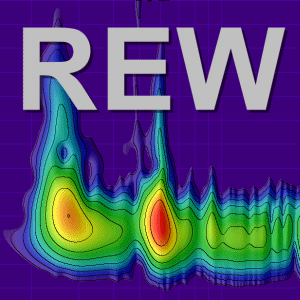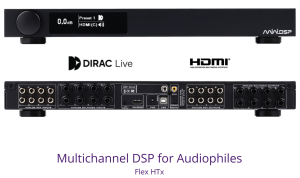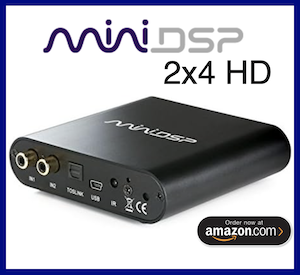jschwender
Member
More
- Front Speakers
- Nubert digital pro
- Other Speakers
- Philips dss940
I noticed that sometimes impedance measurement shows crazy, impossible results. I reproduced this by just repeating the same mesurement over and over without changing anything.
I would expect to get always the same results, but that does not happen:
The upper curve are measurements that are correct, repeated several times.
Then suddenly the result of the lower curve is plotted.

INFORMATION: REW V5.20 running JRE 1.8.0_292 64-bit on Ubuntu linux, Kernel 5.12.7-xeon, de, DE, UTF-8, Soundcard is a Xonar U7.
Is there an explanation? Has anyone else seen similar bugs?
I would expect to get always the same results, but that does not happen:
The upper curve are measurements that are correct, repeated several times.
Then suddenly the result of the lower curve is plotted.
INFORMATION: REW V5.20 running JRE 1.8.0_292 64-bit on Ubuntu linux, Kernel 5.12.7-xeon, de, DE, UTF-8, Soundcard is a Xonar U7.
Is there an explanation? Has anyone else seen similar bugs?














